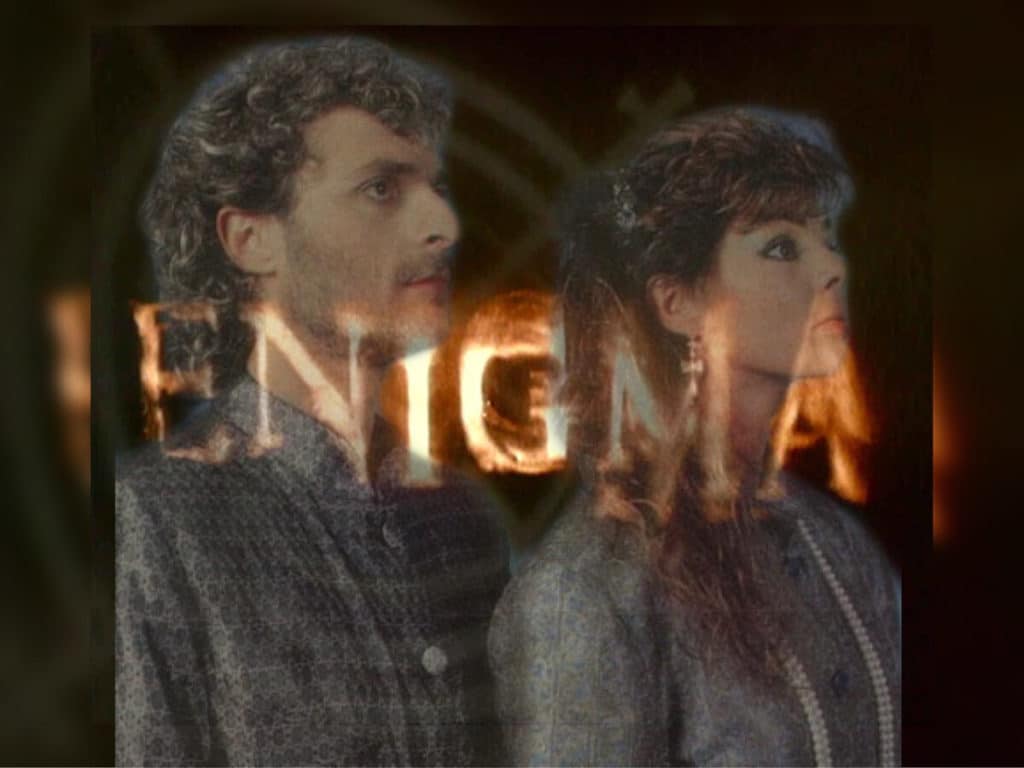The Ukrainian musical group, whose name translates as "sawmill", has been playing for over 10 years in their own and unique genre - a combination of rock, rap and electronic dance music. How did the bright history of the Tartak group from Lutsk begin?
The beginning of the creative path
The Tartak group, oddly enough, appeared from the name that its permanent leader Alexander (Sashko) Polozhinsky came up with, taking the Polish-Ukrainian word “sawmill” out of use as its basis.
After the creation of the creative name of the musical group, consisting in 1996 of one person (Alexander), it was decided to participate in the popular Chervona Ruta festival.
Additionally, a close friend, amateur musician Vasily Zinkevich Jr., was accepted into the group. The hits that helped the group to reach the final of the competition were recorded the day before the festival in a home studio in Rivne.
Having presented on the stage the songs “O-la-la”, “Give me love”, “Crazy dances” and, having played them with unconnected instruments, the duet “Tartak” received the award of the laureate of the first degree in the genre of dance music.
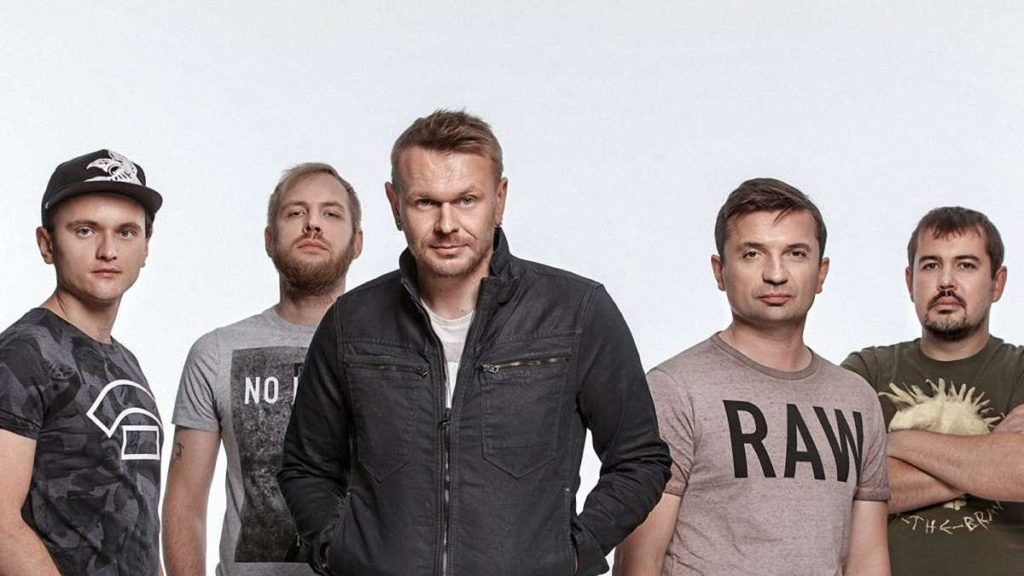
After a successful performance, Andrey Blagun (keyboards, vocals) and Andrey "Fly" Samoilo (guitar, vocals) joined the friends, having remained in the band on a permanent basis since 1997. It was in this composition that the Tartak group began its touring activity as winners of the Chervona Ruta festival.
After the tour, Vasily Zinkevich Jr. left the group, and then a ban was introduced on concert activities in open areas and holding festivals.
A streak of failures gave the Tartak group a useful acquaintance with music producer Alexei Yakovlev and work on television for Polozhinsky, thanks to which the team became more recognizable and interesting to the inhabitants of Ukraine.
A year later, DJ Valentin Matiuk came to replace Zinkevich, who brought new unusual features (scratches) to the group's music. In the early 2000s, the group began recording their debut album.
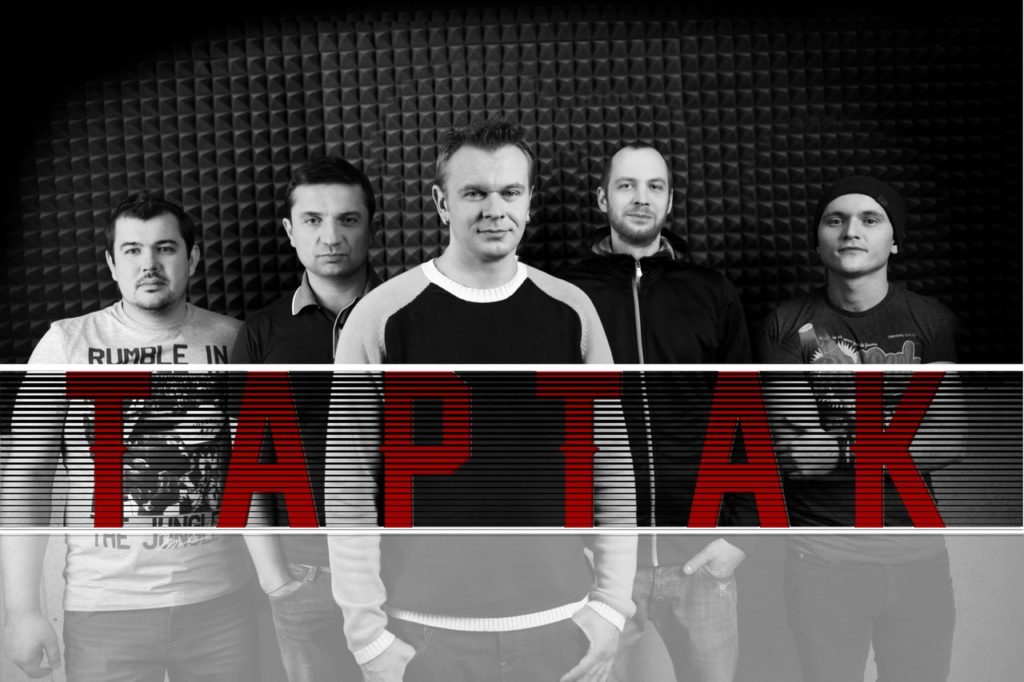
New album of the band Tartak
The process of working on a new album went on for about two years. The group composed new hits and improved those with which they won an important victory at the Chervona Ruta festival.
The official release of the first disc "Demographic Vibukh" was released in 2001 by an independent Belarusian label. After that, video clips for the main compositions from the album were filmed and released into rotation. In the same period, the official website of the musical group began its work.
In 2003, the Tartak group started with the release of their second album, Sistema Nerviv, and the arrival of newcomers to the band - drummer Eduard Kosorapov and bass guitarist Dmitry Chuev.
The new musicians helped the band find a new rock and roll sound and rich live sound at performances. Thanks to this, the group began to receive invitations from such leading rock festivals in Ukraine as: "Tavria Games", "Rock Existence", she acted as a headliner at the "Seagull" festival.
In 2004, the musicians completely devoted themselves to studio work on the new album "Music Sheet of Happiness". Video clips were shot for popular compositions, and the single "I don't want to" became the unofficial anthem of all Ukrainians supporting the Orange Revolution.
A year later, guitarist Andrei Samoilo and DJ Valentin Matiyuk left the group, moving to a new musical hip-hop project, Boombox.
In their place, the Tartak group invited old acquaintances - Anton Egorov (guitarist) and album cover designer, video clip director, DJ Vitaly Pavlishin.
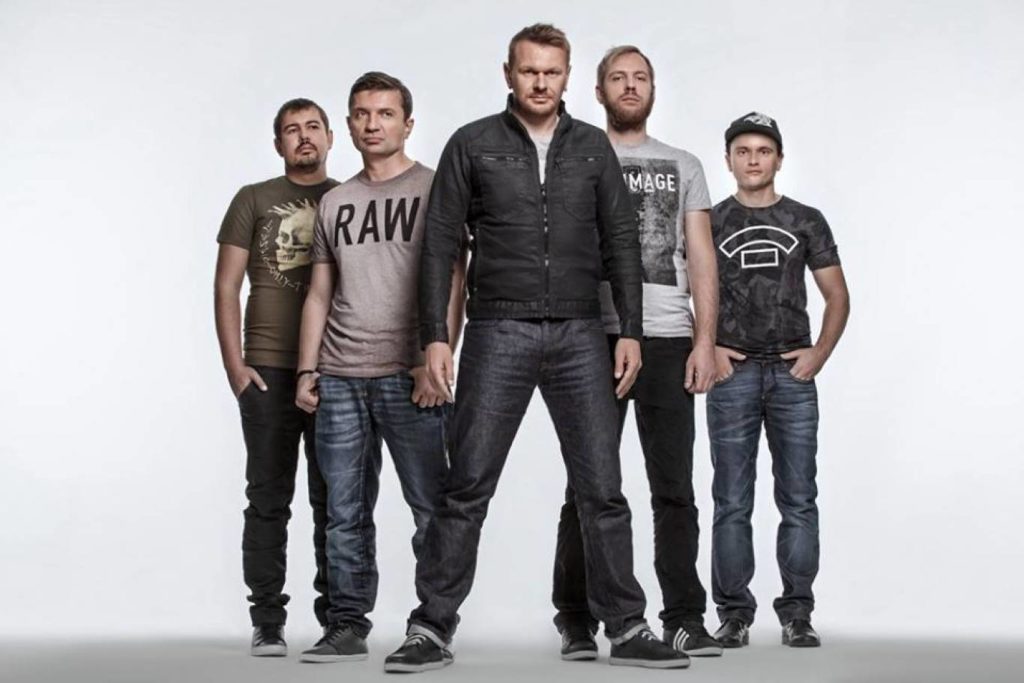
The group in the new composition became a participant in the civil action "Do not be indifferent", the purpose of which was to awaken the patriotism of the people of Ukraine and the desire to make the country a better place, bringing the necessary changes.
Thus, the group arranged a small tour of ten cities. At the end of the year, a disc of remixes of the well-known hits of the Tartak group, The First Commercial, was released.
In the same period, the group received an offer from Oleg Skrypka to participate in the Ukrainian festival of ethnoculture "Dreamland".
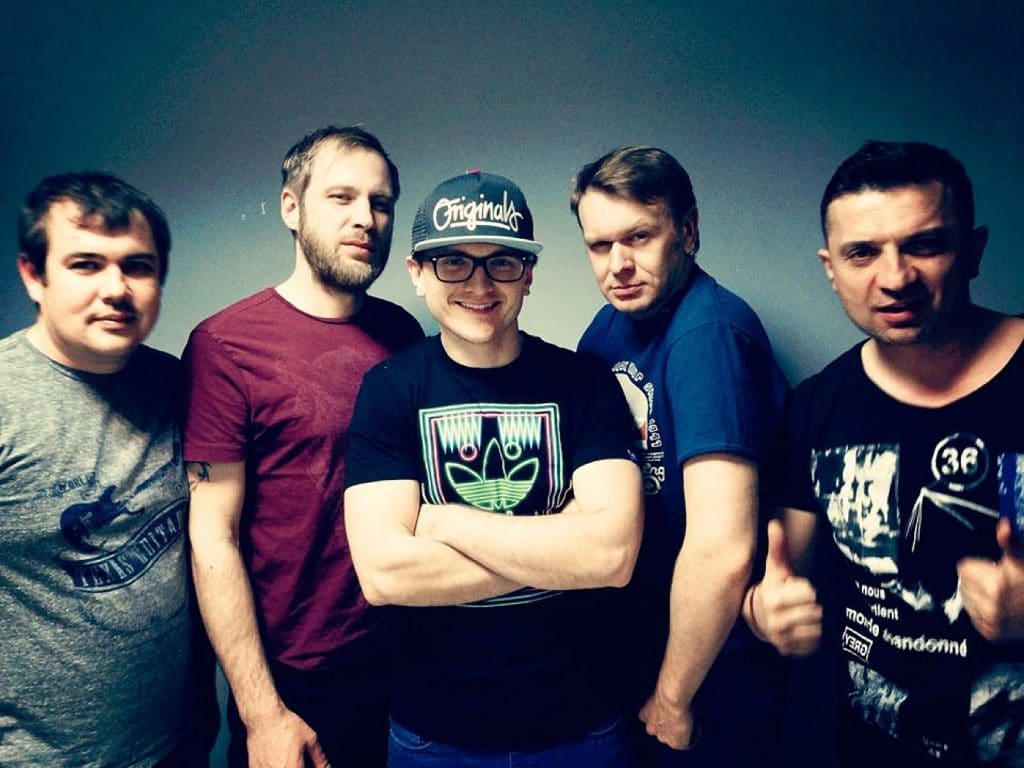
The band then proceeded to produce a self-titled album, changing the direction of the musical genre by collaborating with a musical act of the same name.
The connection of the teams led to an increase in the number of audience and to an increase in interest in the work of the group. Also, the groups held several concerts, were participants in popular festivals.
In honor of the decade, the Tartak group released a 4 in 1 release and updated its own official website. Some time later, a new album was released with lyrical, sensual compositions "Slozi that snot".
In subsequent years, two joint albums with Gulyaygorod were released: For those who are on the road, Kofein. And in 2010, the album "Opir materials" was released, which was not commercial, since all the songs were freely available.
Currently,
Today, the Tartak team is touring, writing new songs. For 2019, the group's discography consists of 10 popular albums. The last release was released in 2017 (album "Old School").


